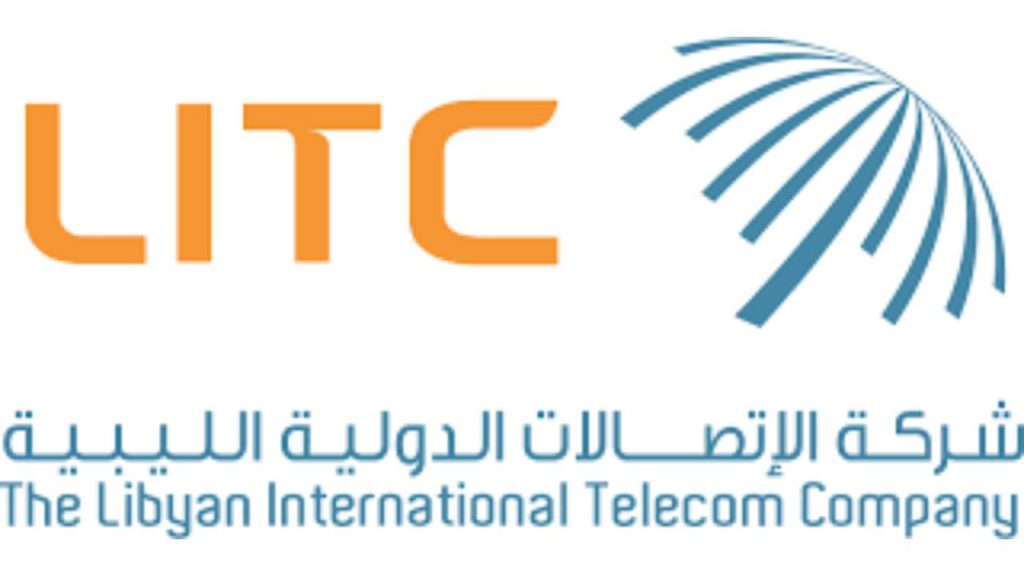- LITC manages Libya’s international voice and data traffic through undersea cables and cross-border links.
- The company aims to strengthen regional digital infrastructure while navigating regulatory and operational challenges.
Building Libya’s Global Telecom Presence
Since its founding in 2009, the Libyan International Telecommunication Company (LITC) has operated as Libya’s international voice and data wholesale provider. As a key subsidiary of the Libyan Post, Telecommunication and Information Technology Holding Company (LPTIC), LITC’s strategic goal is to leverage Libya’s geographic proximity to Europe and position the country as a connectivity hub for Africa.
The company owns and manages multiple international cable systems, including the Silphium cable linking Libya to Europe via Greece and the Europe India Gateway (EIG) system. It facilitates cross-border telecom traffic through terrestrial links with Tunisia, Algeria, Egypt, and Chad—strengthening both regional and international connectivity.
LITC is also a key player in disaster recovery and traffic redundancy for Libyan operators, providing international backup capacity and ensuring business continuity for local ISPs and carriers. In an increasingly interconnected world, such infrastructure is essential for stable broadband access, VoIP, and cloud services in Libya.
Also read: IQ Fiber brings 10‑gig network to Savannah
Also read: SANCFIS Africa ICT and defence leader
Strategic Relevance and Regional Challenges
Operating in a complex environment marked by political instability and infrastructure damage, LITC faces considerable challenges. Maintaining international connectivity requires constant investment in cable maintenance, cybersecurity, and route redundancy. The Libyan civil conflict has also complicated coordination with global carriers and delayed the rollout of newer technologies.
However, LITC continues to innovate. It has explored partnerships with Mediterranean operators and is actively promoting Libya’s role in regional internet exchange point (IXP) development. Its long-term plans include expanding its fibre network reach across the Sahel and North Africa.
By linking Libya with global digital economies, LITC contributes not just to national resilience but to the broader goal of improving African interconnectivity.

